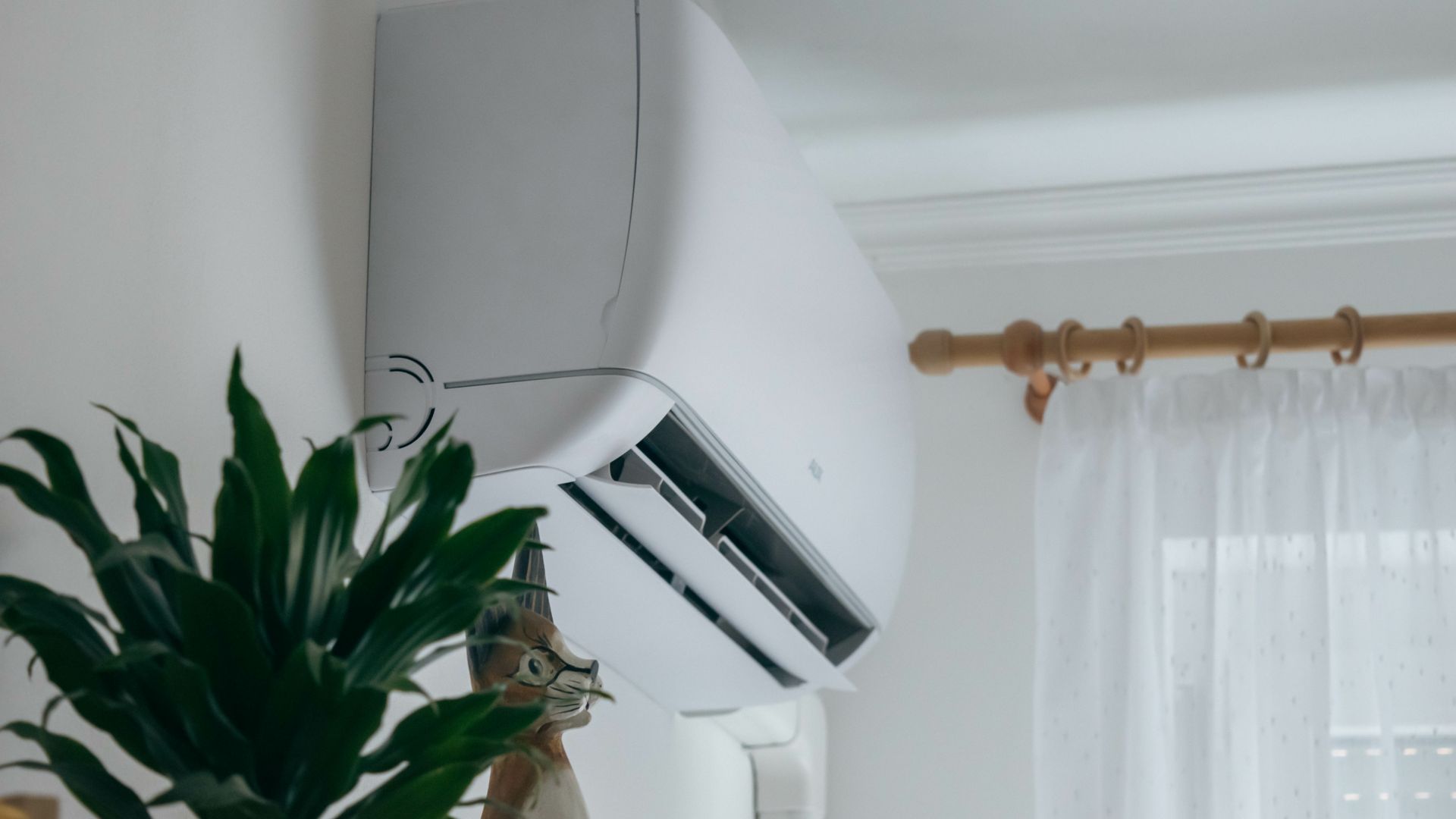Understanding the Impact of Flushing the Wrong Items
Plumbing System Basics
Toilets and plumbing systems are marvels of modern engineering, designed to efficiently handle human waste and toilet paper. However, their capabilities are not limitless. Standard plumbing systems rely on a delicate balance of water pressure and gravity to transport waste through a network of pipes. When inappropriate items are introduced into this system, they can disrupt this balance, leading to clogs and backups. For instance, items like sanitary pads or wipes can easily become lodged in pipes, causing blockages that prevent waste from flowing smoothly. Understanding these limitations is crucial for maintaining a functional plumbing system and avoiding costly repairs.
Environmental Consequences
Flushing inappropriate items down the toilet doesn't just affect your plumbing; it has far-reaching environmental consequences. Many items that are flushed end up in water treatment facilities, where they can cause significant disruptions. Non-biodegradable materials can bypass filtration systems and enter natural water bodies, leading to pollution and harm to aquatic life. Chemicals from medications can also leach into the water supply, posing risks to both wildlife and human health. By being mindful of what we flush, we can play a part in protecting our environment and ensuring clean water for future generations.
Common Household Items to Avoid Flushing
Personal Hygiene Products
Personal hygiene products, such as sanitary pads, tampons, and wipes, are often marketed as flushable, but this is misleading. These items are designed to absorb moisture, which means they do not break down easily in water. When flushed, they can expand and become lodged in pipes, leading to stubborn blockages. Even wipes labeled as "flushable" can cause significant plumbing issues, as they do not disintegrate like toilet paper. To prevent these problems, it's best to dispose of personal hygiene products in the trash rather than the toilet.
Household Waste
Many common household items, such as dental floss, cotton swabs, and hair, should never be flushed down the toilet. These materials are non-biodegradable and can easily tangle together, forming clumps that obstruct pipes. Dental floss, in particular, can wrap around other debris, creating a net-like structure that catches additional waste and exacerbates blockages. To maintain a healthy plumbing system, it's essential to dispose of these items in the trash, where they belong.
Lesser-Known Items That Can Cause Issues
Food Waste and Grease
It might seem convenient to dispose of food scraps and cooking grease in the toilet, but doing so can lead to severe plumbing issues. Food waste can swell and become trapped in pipes, while grease can solidify and create stubborn blockages. Over time, these materials can accumulate and cause significant damage to your plumbing system. Instead of flushing food waste and grease, consider composting organic materials and disposing of grease in a sealed container in the trash.
Cat Litter
Flushing cat litter is a common mistake that can have dire consequences for your plumbing. Cat litter is designed to absorb moisture and clump together, which means it can expand and block pipes when flushed. Additionally, some types of cat litter contain clay, which can harden and create severe obstructions. To avoid these issues, always dispose of cat litter in the trash, and never attempt to flush it down the toilet.
Best Practices for Toilet Use
Educating Household Members
One of the most effective ways to prevent plumbing issues is to educate household members about what should and should not be flushed. This is especially important for children, who may not understand the consequences of flushing inappropriate items. Consider posting a list of flushable items near the toilet as a reminder, and take the time to explain the importance of proper disposal to everyone in your household.
Proper Disposal Alternatives
Finding alternative disposal methods for non-flushable items is key to maintaining a healthy plumbing system. For example, composting is an excellent way to dispose of organic waste, while recycling can be used for certain materials. Additionally, consider using a trash can with a lid in the bathroom to encourage proper disposal of personal hygiene products and other non-flushable items. By adopting these practices, you can help prevent plumbing issues and reduce your environmental impact.
Addressing and Preventing Plumbing Emergencies
Immediate Steps for a Clogged Toilet
When faced with a clogged toilet, it's important to act quickly to prevent further damage. Start by using a plunger to attempt to dislodge the blockage. If this doesn't work, consider using a plumbing snake or a mixture of baking soda and vinegar to break down the obstruction. However, if these DIY methods fail, it's best to call a professional plumber to address the issue safely and effectively.
Choosing the Right Plumber
Selecting a qualified plumber is crucial for handling serious plumbing issues. When choosing a plumber, look for someone with a solid reputation, proper licensing, and experience in dealing with similar problems. In Decatur, AL, Jackson Plumbing, Heating & Cooling offers professional services to help you manage and prevent plumbing emergencies. Their team of experts is ready to assist you with any plumbing needs, ensuring your system remains in top condition.
Jackson Plumbing, Heating & Cooling
By following these guidelines and taking proactive measures, you can protect your plumbing system from damage and avoid costly repairs. For residents of Decatur, AL, Jackson Plumbing, Heating & Cooling is here to provide expert advice and services to help you maintain a healthy and efficient plumbing system. Contact us today to learn more about how we can assist you with all your plumbing needs.

.2502190852139.jpg)